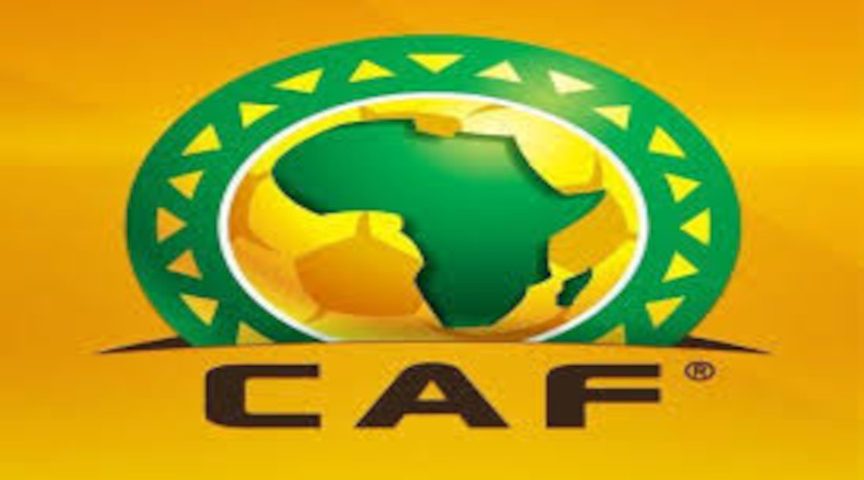The Good that CAF Did (Part One)

Betis Narrowly Beat Sunderland
August 6, 2025
The Good that CAF Did (Part Two)
August 18, 2025The Good that CAF Did (Part One)

By Satish Sekar © Satish Sekar (August 14th 2025)
“The evil that men do lives after them; The good is oft interred with their bones;”[1]
Founding Principles
In 1956 representatives of four African countries met in Lisbon. In accordance with a decision made at the 1954 FIFA Congress in Bern to recognise a confederation in Africa, they had decided to establish it. The first Constitutional Assembly took place at the historic Grand Hotel in Khartoum on February 8th 1957.
Egypt’s representatives, Abdel Aziz Salem, Mourad Fahmy, Galal Koreitem, Moustafa Kamal Mansour and Youssef Mohammad, together with Ethiopia’s Ydnekatchew Tessema, General Aman Andom[2] and Guebeyehu Double, Sudan’s Abdel Halim Mohammad, Abdel Rahim Shaddad, Badawi Mohammad Ali and Ahmad Mohammad Singawi were joined by South Africa’s sole representative Fred Fell in Sudan.
Egypt’s Abdel Aziz Abdallah Salem was unanimously elected the first President of CAF – Youssef Mohammad became its Honorary General Secretary and Ydnekatchew Tessema[3], Abdel Halim Mohammad[4] and Fell were elected to its first Executive Committee (ExCo).
The First Crisis
They also organised the first Africa Cu of Nations. It began just two days after the Constitutional Assembly. It was due to feature the four founder members, but that would not happen. Abdel Halim Mohamedwas an implacable opponent of racism, especially Apartheid. He played a vital role in isolating Apartheid South Africa from African football.
Abdel Halim Mohamed also played a vital role is banning Rhodesia within a week of it unilaterally declared independence on the grounds of racist segregation in 1965 – the Rhodesian FA wanted segregation in the country’s football. Tessema was also an outspoken opponent of Apartheid – he played a major role in facilitating the sporting boycott of South Africa, as did his Sudanese predecessor and successor.
Fell was actually British, not South African, but he represented the views of a vile regime. He was accepted by the other participants – South Africa was after all the first African member of FIFA, despite its grotesque racism. It had joined FIFA in 1910, but Fell had been instructed by the South African government that their team would not be an integrated one – either an all-blacks team or an all-whites team would be sent – it should be noted that football was popular with Indians in South Africa too at that time[5].
The other representatives at the Constitutional Assembly made it clear that Fell’s proposal was not acceptable. The crisis of principle that CAF faced at its inception – principle against complicity with a crime against humanity was resolved quickly. There would be no compromise with the evil that was Apartheid. That is undoubtedly to CAF’s immense credit.
[1] Part of Marc Antony’s funeral oration for Julius Cæsar in William Shakespeare’s play Julius Cæsar.
[2] General Andom was Eritrean. He was a leader of the Derg when it toppled the regime of Haile Selasie in 1974. Andom, the first post-imperial Head of State of Ethiopia, albeit a military one, was assassinated in November 1974 – his moderate nationalism and sympathetic attitude to his native Eritrea had made him powerful opponents within the Derg.
[3] Tessema, a former player, coach and administrator is widely regarded as the Father of Ethiopian football. He became the fourth President of CAF, serving from 1972 to 1987.
[4] Abdel Halim Mohammad, the President of the Sudanese FA at that time is the only person to have served as CAF President twice. He was the third President (1968-72) and fifth in (1987-88) until Issa Hayatou took over in 1988.
[5] A South African team without Links Padayachee would have been disgraceful at that time.

